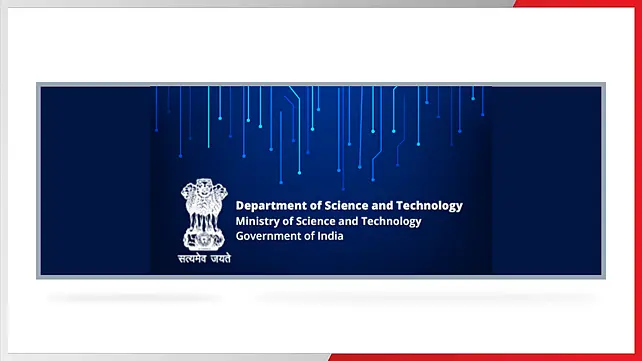
The Ministry of Science & Technology has announced that Indian scientists have indigenously developed platinum-based electrocatalyst for use in fuel cells through an efficient procedure.
Scientists at the International Advanced Research Centre for Powder Metallurgy and New Materials (ARCI), an autonomous R&D centre of the Department of Science and Technology, have synthesised platinum-based electrocatalyst using an efficient procedure.
The critical step in the synthesis lies in the functionalisation of carbon to enhance the carbon to platinum interaction known as strong metal substrate interaction (SMSI), thereby increasing the durability of the electrocatalyst, a communication from the ministry said.
This electrocatalyst showed comparable properties to the commercially available electrocatalyst in terms of its performance in fuel cells and superior corrosion resistance and durability.
It showed less than 20%, which is less than the acceptable limits of loss in the active surface area of the catalyst (40%). This could enhance the lifetime of the fuel cell stack performance.
Furthermore, the launch of the Hydrogen Mission in August 2021 has opened up a huge avenue for indigenous research and development in the area of Hydrogen Fuel Cells.
However, the main drawback of the technology comes from the huge cost incurred from importing the components for fabricating the device, the communication said.
In particular, the platinum-based electrocatalyst, imported because of the lack of suitable indigenous technologies for their manufacture, plays an important role in increasing durability and decreasing fuel cell costs, the ministry stated.
Las Engineers and Consultants (LECPL), a Mumbai-based company engaged in designing and building plants for the chemical, pharmaceuticals, and allied industries, are in the process of acquiring ARCI know-how for manufacturing this electrocatalyst.
Dr Tata Narasinga Rao, Director (Additional Charge), ARCI, said this commercialisation of indigenous electrocatalyst makes green hydrogen technology take off in India.
Dr R Gopalan, Regional Director, ARCI-Chennai, opines that indigenous catalysts could reduce the dependence on imported electrocatalysts and pave the way for Atma Nirbhar Bharat.
Dr Raman Vedarajan, one of the technology inventors at the Centre for Fuel Cell Technology, ARCI-Chennai, feels that this development is vital for ensuring made in India durable polymer electrolyte membrane fuel cell stacks.